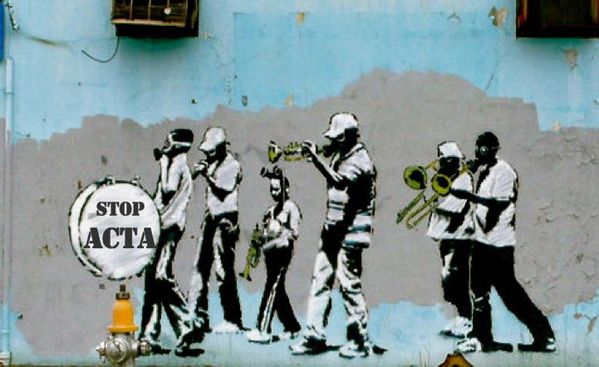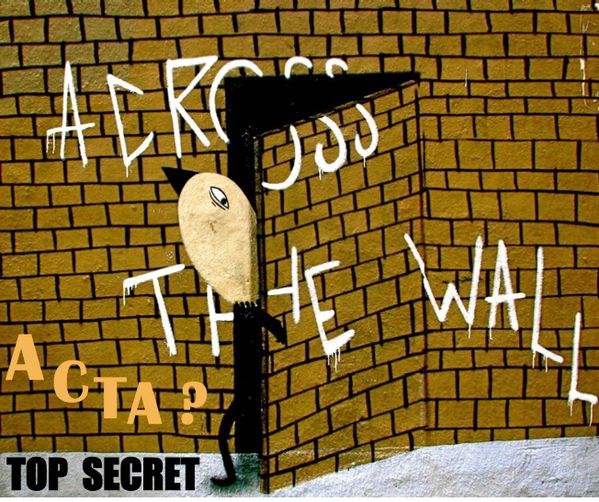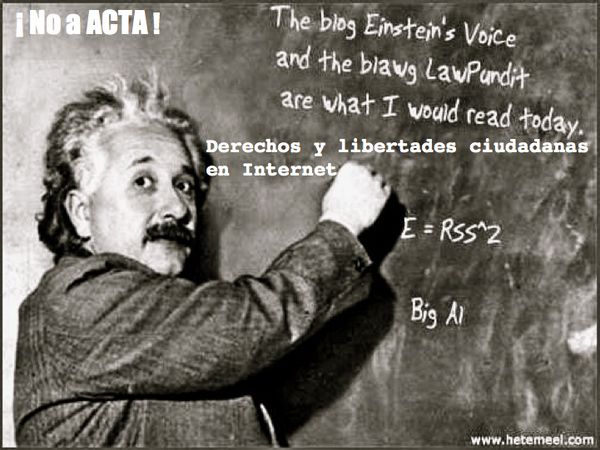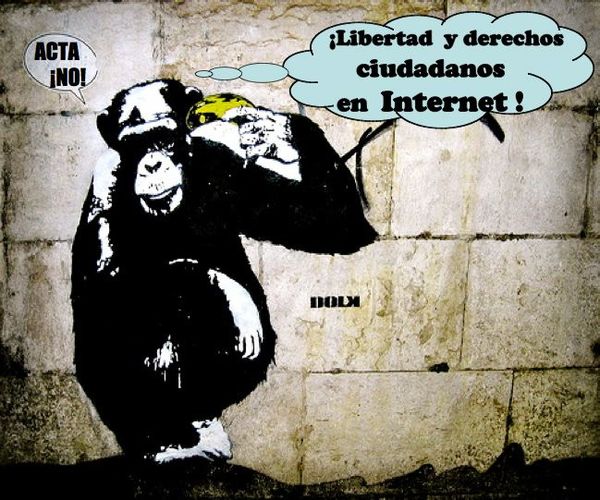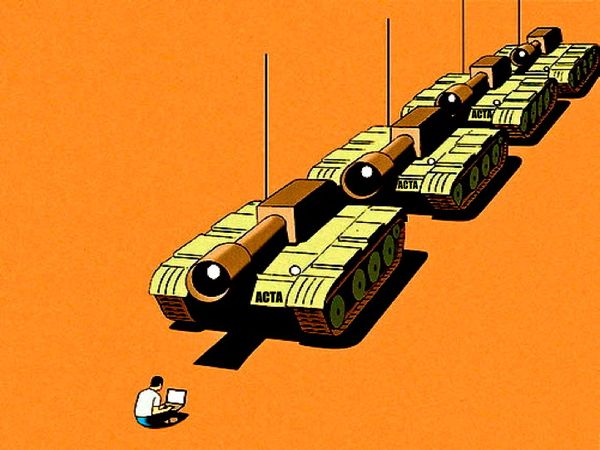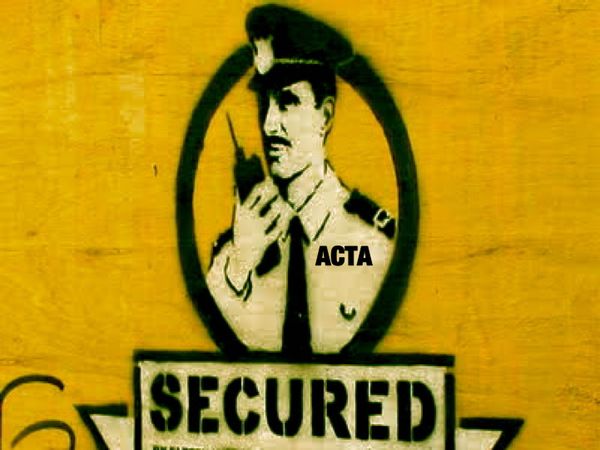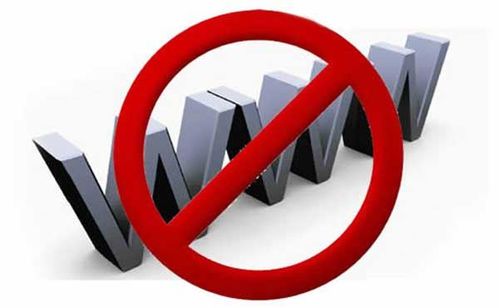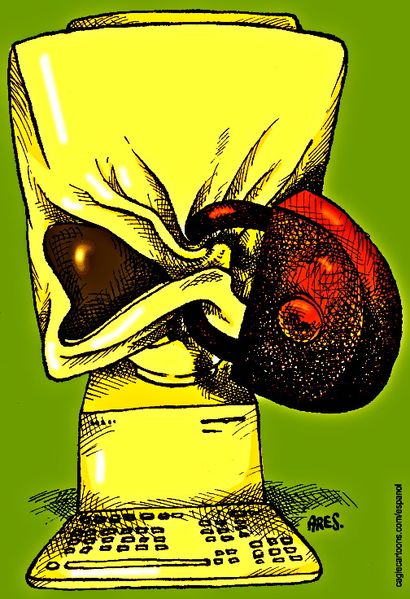Casi todo parece de pender de un hilo: La arrogancia humana, la rigidez de la nuestra forma de vida y la fragilidad tecnológica .
Esta vez ha sido un volcán. Otras veces han sido acontecimientos climáticos extremos, amenazas terroristas, un embargo de petróleo, una grave enfermedad contagiosa o unas fugas radioactivas. No hay que ser un catastrofista para darse cuenta de la gran fragilidad de nuestras cadenas internacionales de aprovisionamiento, de nuestras comunicaciones aéreas, del comercio globalizado, y de la misma gobernanza política. El colapso del tráfico aéreo de los últimos días plantea muchas preguntas incomodas que sugieren una clara falta de capacidad de reacción y flexibilidad de nuestras instituciones y de los gobiernos ante los obligados ajustes que han de darse en nuestras pautas tecnológicas.
Las cenizas de un volcán en el Atlántico han puesto en jaque algo más que el modelo de transporte de Europa. También se ha puesto de relieve la falta de resilencía y de capacidad de adaptación flexible de unos sistemas tecnológicos que no tienen en cuenta ni los riesgos naturales ni los peligros engendrados por las formas de vivir de los humanos. Unas infraestructuras altamente técnicas, muy centralizadas y muy globalizadas, tienen grandes dificultades para resistir los "estornudos" de la naturaleza que tienen vida propia y singular, y no están bajo los designios humanos, como son las emisiones del volcán de Islandia.
Si la naturaleza se manifestara con bastante más fuerza, sea por reacciones volcánicas, o sea por el desorden climático ¿qué nos llegaría a pasar?
Este evento imprevisto de la naturaleza nos ha impuesto una repentina lentitud y parsimonia, una calma chicha frente al frenesí normal de la "jet set" de los hombres de negocios y de los turistas que saltan de continente en continente. De repente y sin quererlo nos encontramos ante un pequeño experimento de "decrecimiento" y de "localización".
¿Que pasaría si se dieran dos o tres explosiones volcánicas más ? O si ocurriera un gran fallo informático, o una importante fuga radioactiva, o una amplia amenaza terrorista, o una aguda crisis energética?
No parece que podamos tener los reflejos culturales ni la sabiduría política necesaria para reaccionar a tiempo ya que de seguro que hemos sobrepasado numerosos límites críticos. No parece que vayamos a adelantarnos con unas formas de vida alternativas que impliquen una reducción radical de nuestros largos desplazamientos, y una ralentización y relocalización de nuestra dañina economía. Un elemental principio de precaución exigiría tener en cuenta estos posibles y realistas escenarios de catástrofe para frenarlos en lo posible y evitar la pérdida de todo control sobre los acontecimientos de la naturaleza que nos golpeen fuertemente desde el caos y el sufrimiento.
Si no llegaran ni los políticos, ni los hombres de negocios, ni muchos productos perecederos a sus distintos ¿que haríamos? Nuestro sistema político y económico que dependen de las gigantescas distancias y de una gran velocidad en el movimiento masivo de personas y de bienes, se puede quebrar de improvisto ante un pequeño capricho de la naturaleza. El despertar del volcán ha supuesto todo una cura de humildad de la gran soberbia humana y de su exagerado tecno-optimismo que vive en la ilusión de tenerlo "todo controlado."
La primera reacción de muchos "responsables políticos" europeos en Bruselas, donde trabajo, ha sido de rabia e incredulidad con el grito "yo tengo que llegar a mi reunión mañana en Madrid!" o "me tienes que encontrar una solución para salir hoy!".
Se suprime de golpe de las televisores la imagen misma de la "gente guapa y poderosa" que se suele tomar en los aeropuertos. La prensa vive como una gran hecatombe que no salgan los aviones, algo considerado aún peor que una carretera bloqueada. Resulta muy inquietante para nuestra sociedad que gran parte de los aeropuertos europeos se encuentran totalmente vacíos e inservibles. De repente se descubren los barcos y los trenes (medios más ecológicos) y, más importante, se da cuenta que no es tan imprescindible llegar "más lejos y a más sitios lo más rápidamente posible."
Escribo estas lineas desde el sur de Francia en medio de un periplo de 24 horas en tren desde Bruselas a Valencia. Hay docenas de personas mayores y jóvenes sentados en los pasillos del vagón durante horas y horas, los revisores han dado por imposible el control de los billetes, y los horarios parece que se han parado en el tiempo. No hay bastantes vagones ni trenes para acoger la gran afluencia de viajeros de todo tipo que intentan llegar a sus casas. Sin embargo, la verdad es que yo estoy disfrutando de unos beneficios colaterales que me ofrece el viaje: sentir la exuberancia de la primavera que se extiende por el centro del territorio francés con sus hermosos paisajes de lagunas, sus zonas húmedas en el sur. Después de los centenares de vuelos que he tomado hacia Bruselas en los últimos años, nunca había apreciado los lentos latidos de la tierra por donde pasaba desde el aire. Los vuelos aéreos son un experimento mental de gran abstracción que nos adormece vitalmente y nos hace olvidar lo que ambientalmente supone el coger un avión.
Esta pequeña crisis volcánica nos ha de obligar a tomar decisiones personales con más seriedad sobre donde estamos y hacia donde queremos llegar, pero al mismo tiempo en el plano social exige un debate político sobre un verdadero "plan de emergencia" para las próximas erupciones volcánicas de todo tipo que se avecinan.
David Hammerstein
















